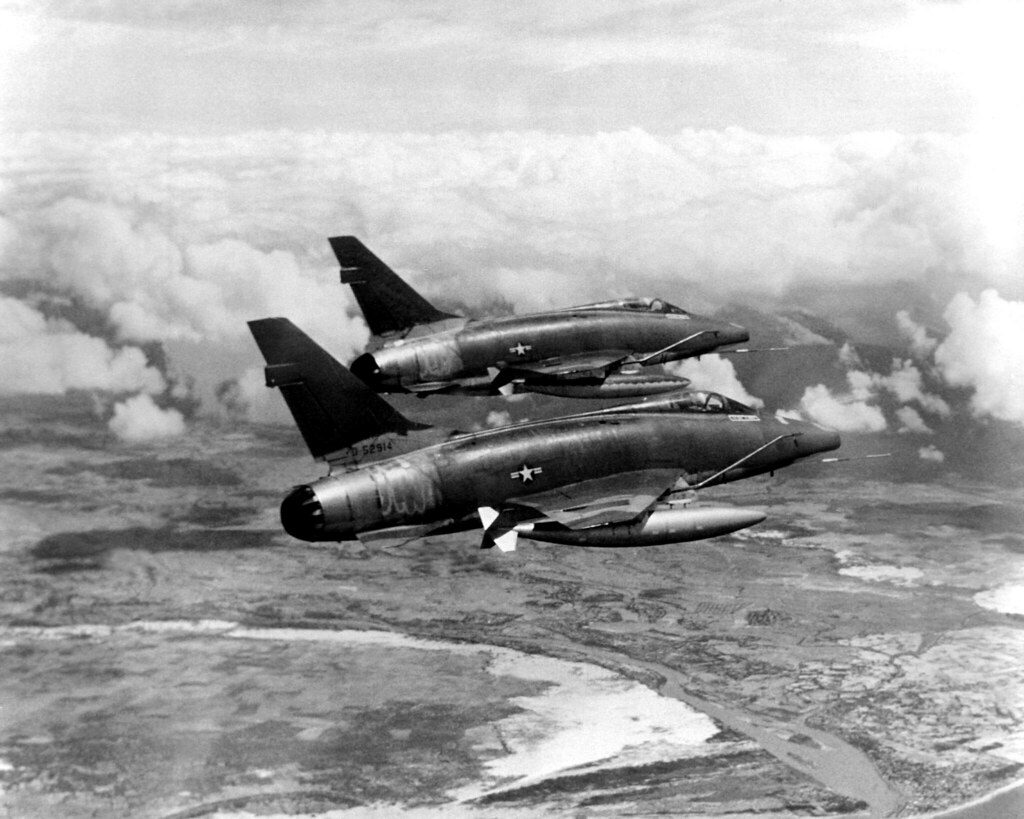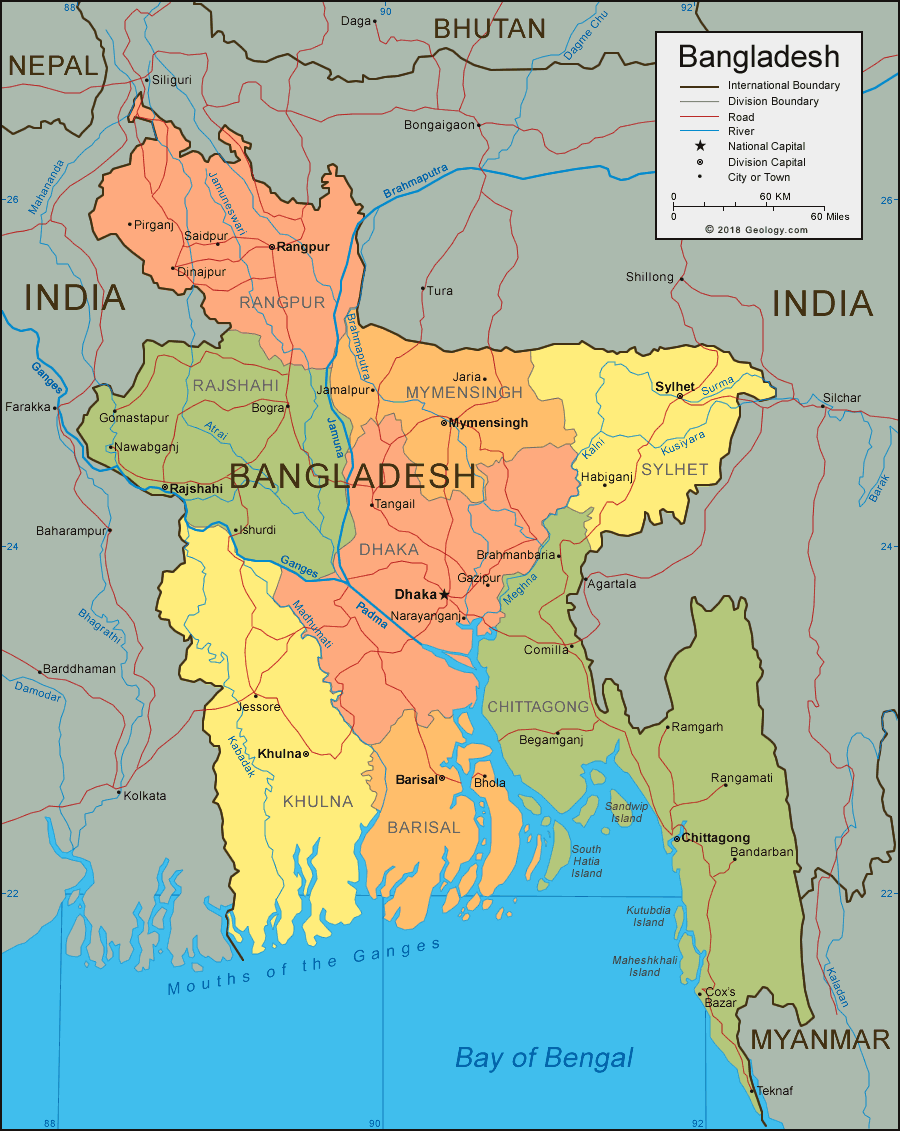
The 1970s. Ah, the Seventies! It was a decade truly unlike any other, a whirlwind of change that swept across the globe, leaving an indelible mark on history, culture, and countless individual lives. Often dubbed a “pivot of change,” this era saw the world grappling with seismic shifts, from economic upheavals that rattled developed nations to profound political transformations that reshaped entire continents. Imagine the sheer volume of events unfolding, the new ideas taking root, and the old orders giving way to new realities. It was a time of immense pressure, innovation, and, let’s be honest, some seriously dramatic moments.
This was a decade that began on January 1, 1970, and wrapped up on December 31, 1979, but its influence certainly stretched far beyond those dates. We’re talking about a period characterized by frequent coups, intense domestic conflicts, and civil wars, all intertwined with the complex aftermath of decolonization and the enduring global struggle between major powers. From Southeast Asia to the Middle East, Latin America, and Africa, high-intensity conflicts were unfortunately common, showcasing a world in constant flux.
So, buckle up, because we’re taking a deep dive into some of the most impactful, jaw-dropping, and truly unforgettable moments of the 1970s. These are the events, the people, and the groundbreaking changes that defined an era, profoundly shaping the world as we know it today. While the specific journeys of individuals might vary, the backdrop of these global shifts undoubtedly influenced countless paths, perhaps even leading some to step away from the bright lights and into new, quieter chapters.

1. **The Vietnam War’s Final Chapter: When America Said Goodbye**The early 1970s still saw the United States deeply entangled in the long and grueling Vietnam War, a conflict that had already defined much of the previous decade. However, political pressure began to mount, fueled by leaked information about the nation’s involvement. It was a period of intense public debate and a growing demand for an end to the protracted engagement, profoundly impacting American society and its standing on the global stage. The war had become a symbol of a turbulent era, and its conclusion was eagerly anticipated by many.
Ultimately, the United States officially withdrew its military forces from the war in 1973. This marked a significant turning point, but the conflict wasn’t over for the Vietnamese people. The final, dramatic chapter unfolded in 1975 with the fall of Saigon, leading to the unconditional surrender of South Vietnam on April 30, 1975. The scenes of evacuations were seared into the minds of a generation, symbolizing the end of a contentious and divisive era.
Just a year later, in 1976, Vietnam was officially declared reunited, closing a painful chapter in its history. The impact of the Vietnam War on global politics, social movements, and military strategies was immense and long-lasting, setting a precedent for future international engagements and shaping public sentiment towards foreign intervention for decades to come.

2. **The Great 1973 Oil Crisis: When the World Ran on Empty**Imagine a world suddenly gripped by a severe energy shortage, where the price of oil skyrockets, and economies around the globe reel from the impact. That’s precisely what happened during the 1973 oil crisis. This wasn’t just a minor blip; it was a major financial crisis that swept through the developed world, bringing with it a stark realization of global interdependence and the fragility of economic stability.
The crisis was triggered by oil embargoes imposed by the Organization of Arab Petroleum Exporting Countries (OPEC). Industrialized countries, heavily reliant on this vital resource, experienced a severe economic recession. This event marked the first instance of a phenomenon known as ‘stagflation’—a toxic combination of economic stagnation and rising inflation—which challenged conventional economic theories of the time.
This seismic economic shift led to a profound political and economic trend: the gradual replacement of Keynesian economic theory with neoliberal economic theory. It heralded a new approach to global economics, with the first neoliberal government coming to power following the 1973 Chilean coup d’état. The ripple effects of this crisis were felt for years, reshaping energy policies, trade relations, and the very fabric of global commerce.

3. **Watergate and Nixon’s Shocking Resignation: A Scandal That Shook the White House**In the annals of American political history, few events loom as large or as dramatically as the Watergate scandal, which ultimately led to the unprecedented resignation of a U.S. President. The early 1970s saw the unraveling of a complex web of political espionage and cover-ups, drawing in top officials and captivating the nation with its daily revelations. It was a story that defined an entire generation’s view of government and public trust.
The scandal reached its climax on August 9, 1974, when President Richard Nixon, facing almost certain impeachment charges, announced his resignation from office. The image of him doing the V for Victory sign as he departed the White House for the last time remains one of the most iconic photographs of the decade, capturing a moment of profound transition and national introspection.
Nixon’s departure was a truly historic event, marking the only time a U.S. President has ever resigned. It left an indelible mark on American politics, fostering a new era of scrutiny and accountability for public officials. The fallout from Watergate permanently altered the relationship between the media, the presidency, and the American public, leaving a legacy of skepticism and a demand for transparency that continues to resonate today.

4. **The Rise of Women in Global Leadership: Breaking Barriers on the World Stage**The 1970s wasn’t just about conflicts and crises; it was also a decade of significant social progress, particularly concerning the role of women in society. Building on the social progressive values that began to emerge in the 1960s, the Seventies witnessed a continued growth in political awareness and economic liberty for women in the Western world and beyond. It was a powerful movement, quietly but firmly reshaping traditional gender roles.
Perhaps most notably, the decade saw the presence and rise of a significant number of women assuming roles as heads of state and heads of government in various countries across the globe. Many of these trailblazers were the very first women to hold such high-ranking positions, shattering glass ceilings and paving the way for future generations. These weren’t just symbolic appointments; they were real power shifts.
Consider figures like Soong Ching-ling, who continued as the first Chairwoman of the People’s Republic of China until 1972, or Isabel Perón, who became the first woman President in Argentina in 1974. Elisabeth Domitien became the first woman Prime Minister of the Central African Republic, and Indira Gandhi continued her tenure as Prime Minister of India. The decade culminated with Margaret Thatcher becoming the first woman Prime Minister of the United Kingdom in 1979, a truly landmark moment that resonated worldwide, signaling a profound and lasting shift in global leadership.
5. **The Chilean Coup and Pinochet’s Iron Grip: A Seismic Shift in South American Politics**The political landscape of Latin America was frequently tumultuous during the 1970s, and few events were as impactful as the coup d’état in Chile. On September 11, 1973, the country’s Socialist president, Salvador Allende, was overthrown and tragically killed in a military attack on the presidential palace. This was not merely a change of government; it was a brutal and decisive seizure of power that sent shockwaves across the continent.
Augusto Pinochet, backed by the military junta and with the assistance of the Central Intelligence Agency (CIA) of the United States, rose to power, establishing himself as a dictator. His rule marked a dark chapter for Chile, characterized by widespread human rights abuses and the suppression of political dissent. The images of the military junta, integrated by figures like Jorge Videla, Emilio Massera, and Orlando Agosti, became synonymous with authoritarian control in the region.
Pinochet’s authoritarian regime would remain in power until 1990, demonstrating the profound and long-lasting consequences of this single event. The Chilean coup served as a stark example of the ideological struggles and proxy conflicts that defined much of the Cold War era in developing nations, leaving a complex legacy of pain and political division.

6. **The Munich Massacre at the 1972 Olympics: A Global Tragedy That Shook the World**The Olympic Games are meant to be a celebration of peace, sportsmanship, and international unity. However, in 1972, the Munich Summer Olympics were tragically marred by one of the most horrific terrorist attacks of the decade. This event brought the harsh realities of global political tensions into the heart of what should have been a joyful global gathering, forever changing the perception of security at major international events.
Palestinians belonging to the terrorist group Black September organization infiltrated the Olympic Village, kidnapping and ultimately murdering eleven Israeli athletes. The world watched in horror as the crisis unfolded, with live television broadcasts capturing the desperate attempts to resolve the hostage situation. The events of that day sent a clear and chilling message about the escalating use of terrorism as a political tool.
The Munich massacre was a watershed moment, highlighting the vulnerability of even the most secure environments to acts of terror. It spurred a significant re-evaluation of security protocols for international events and contributed to a global rise in awareness and concern about militant organizations. The memory of the athletes lost continues to serve as a somber reminder of a decade grappling with widespread political violence and extremism.

7. **The Dawn of the Digital Age: Microprocessors Arrive and Change Everything**While the 1970s were certainly defined by political turmoil and economic shifts, they were also a period of incredible, often understated, scientific and technological innovation. One of the most groundbreaking advancements, which would fundamentally alter the course of human history, was the appearance of the first commercial microprocessor: the Intel 4004 in 1971. This tiny chip was a true game-changer, setting the stage for a revolution yet to come.
This decade was characterized by a profound transformation of computing units. Previously, computers were rudimentary, massive, and expensive machines, confined to specialized laboratories and large institutions. But with the advent of the microprocessor, the realm of computing began its remarkable journey toward portability and home accessibility. Imagine the sheer potential locked within these miniature powerhouses, ready to be unleashed.
Beyond microprocessors, other fields also saw monumental strides. Physics, for instance, witnessed the consolidation of quantum field theory by the end of the decade, thanks in part to the confirmation of quarks and the detection of new gauge bosons, like the Z boson and the gluon. These discoveries were pivotal in establishing what was christened in 1975 as the Standard Model, further cementing the ’70s as an era of profound intellectual and technological progress that laid the groundwork for our modern digital world.

What a wild ride the 1970s truly were, right? From Vietnam’s bittersweet end and dramatic political shake-ups, to the rise of women leaders and microprocessors sparking a digital future, this decade was anything but boring. We saw nations born from conflict, peace treaties forged, and revolutions that upended ancient orders. We also faced nature’s fury and human ambition’s heartbreaking consequences. The Seventies weren’t just dates; they were a vibrant, often chaotic, tapestry of human experience that utterly transformed our world.



